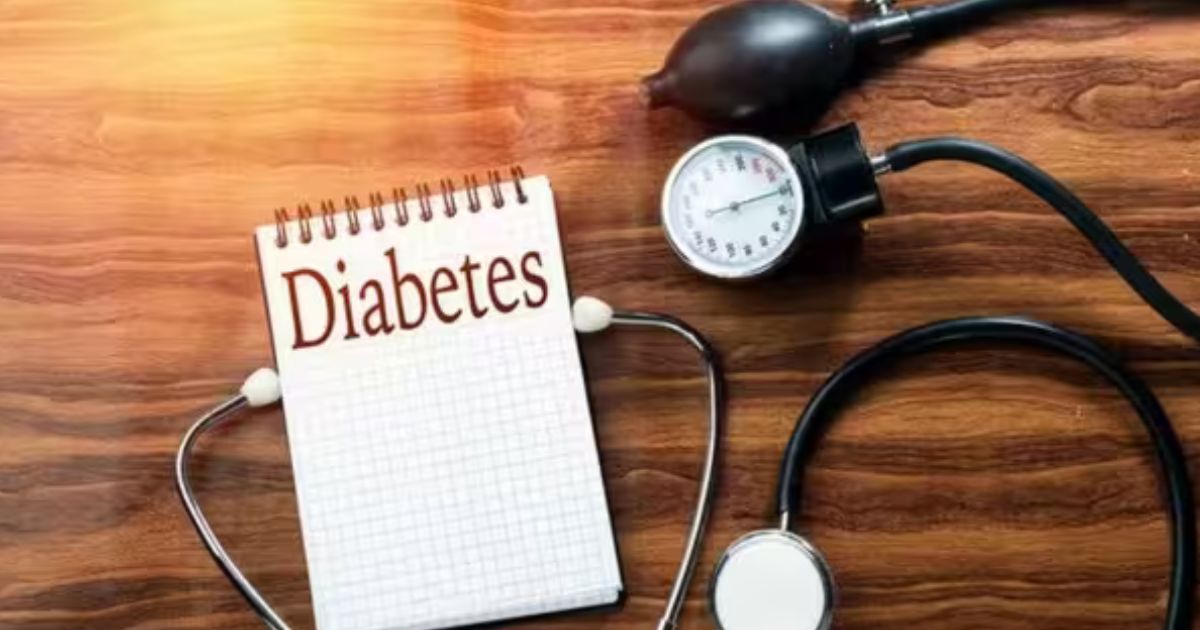The profound impact of depression on individuals’ lives has long been acknowledged, but recent research has shed new light on its connection to another pervasive health concern: type 2 diabetes. This groundbreaking study suggests the link between depression and diabetes.
Here, we delve into the intricate relationship between depression and type 2 diabetes, exploring the implications of this research for our understanding and prevention of these widespread health issues.
The Research Findings Related To Depression And Diabetes
Recent research conducted by UK scientists has uncovered a significant association between depression and type 2 diabetes. It goes beyond mere correlation, suggesting that depression may play a causal role in the development of type 2 diabetes.
These findings have sparked discussions about revising the list of risk factors for type 2 diabetes, with depression potentially joining established variables such as obesity, inactivity, and family history as a recognized contributor to the disease.
The research emphasizes shared genetics and a causal relationship between depression and type 2 diabetes.
While the exact mechanisms are still under investigation, this connection highlights the intricate interplay between mental health and metabolic well-being.
With over 500 million individuals worldwide grappling with type 2 diabetes, understanding these shared factors could lead to more effective prevention and management strategies.
Dr. Shaunak Ajinkya, a Consultant Psychiatrist at Kokilaben Dhirubhai Ambani Hospital in Mumbai, underscores the bidirectional relationship between depression and type 2 diabetes.
This means that these conditions can influence each other, amplifying the risk of the other’s development. While the relationship has long been recognized, the latest research provides fresh insights into the directionality of this connection.
Depression can serve as a significant risk factor for the development of type 2 diabetes. This connection arises from depression’s potential to affect various aspects of an individual’s life that are closely intertwined with diabetes risk.
These aspects encompass lifestyle choices, behaviors, and physiological processes.
Lifestyle Factors:
Depression often leads to changes in lifestyle factors, such as poor dietary choices, decreased physical activity, and irregular sleep patterns. These alterations can contribute to weight gain, obesity, and insulin resistance, all of which are well-established risk factors for type 2 diabetes.
Psychological Stress:
The stress associated with depression can lead to the overproduction of stress hormones like cortisol. Elevated cortisol levels can disrupt glucose metabolism and insulin sensitivity, increasing the likelihood of developing type 2 diabetes.
Shared Biological Mechanisms:
Researchers are uncovering shared biological mechanisms between depression and diabetes, particularly involving inflammation and immune responses. Chronic inflammation, a hallmark of both conditions, can exacerbate insulin resistance and further enhance diabetes risk.
Reevaluating Prevention and Management:
The groundbreaking revelation that depression may be a direct cause of type 2 diabetes necessitates a reevaluation of prevention and management strategies for both conditions. Traditionally, the focus has been on managing diabetes risk factors and providing mental health support independently. However, these findings call for a more integrated approach that addresses the bidirectional relationship.
Integrated Care and Early Intervention:
To effectively address the connection between depression and type 2 diabetes, healthcare systems should consider integrated care models. These models prioritize early intervention, offering mental health support to individuals at risk of both conditions. By identifying and managing depression in individuals prone to diabetes and vice versa, healthcare providers can potentially reduce the prevalence of both diseases.
Community Awareness and Education:
Raising awareness about the bidirectional relationship between depression and type 2 diabetes is crucial. Community education can help individuals recognize the signs and risk factors associated with these conditions, empowering them to seek timely intervention and support.
The research findings highlighting the causal link between depression and type 2 diabetes have far-reaching implications for healthcare and public health initiatives.
Understanding the bidirectional relationship, shared genetics, and biological mechanisms between these conditions offers new avenues for prevention and management.
As we navigate the complex interplay between mental health and metabolic well-being, a holistic approach that integrates mental health support into diabetes care may pave the way for improved outcomes and a brighter future for individuals at risk of both depression and type 2 diabetes.




























